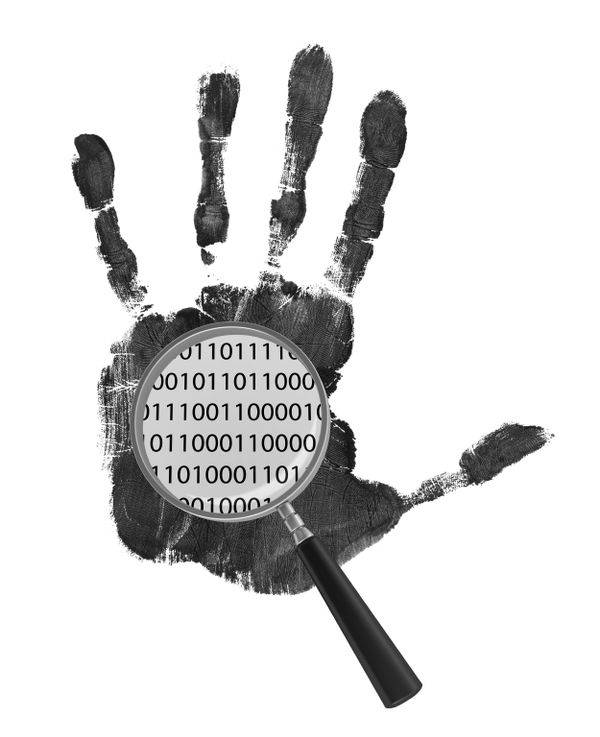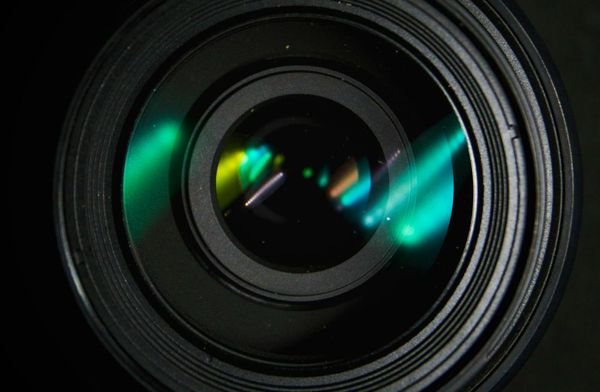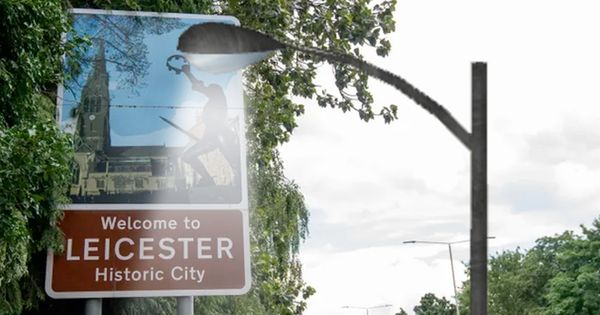US Police Forensic Tools Can Collect Suspects` Smartphone Data without Warrant, ACLU Says

US law enables police to use forensic tools that download call logs, text messages, geo-location, and proprietary technology data from suspect`s smartphones without a warrant, according to the American Civil Liberties Union (ACLU).
The ACLU revealed a court document that outlines the type and amount of information collected by advanced forensic tools when a suspect`s device is under investigation. From visited wireless networks, web history, and data files to cell towers and emails, law enforcement officers can retrieve every byte of data stored on a device, the ACLU said.
 The question of legality over searching a suspects` phone without a warrant is controversial as courts are divided on whether a warrant is needed or not. Since emails are stored locally, sending subpoenas to email service providers may be avoided as forensic tools only retrieve data stored on the smartphone.
The question of legality over searching a suspects` phone without a warrant is controversial as courts are divided on whether a warrant is needed or not. Since emails are stored locally, sending subpoenas to email service providers may be avoided as forensic tools only retrieve data stored on the smartphone.
“The type of data stored on a smartphone can paint a near-complete picture of even the most private details of someone`s personal life,” writes the ACLU. “Call history, voicemails, text messages and photographs can provide a catalogue of how”and with whom”a person spends his or her time, exposing everything from intimate photographs to 2 AM text messages.”
While the issue of warrants is questionable for U.S. citizens, a person entering the US is not protected by the Fourth Amendment. As such, law enforcement officers do not need warrants to search the smartphone of someone crossing the country`s borders and can deny them passage if they refuse to comply.
Warning that smartphones hold a great deal of personal and sensitive data that can be easily accessed, privacy advocates believe governments could easily have access to it as well.
“We would have never carried around several years` worth of correspondence [on our person], for example”but today, five-year-old emails are just a few clicks away using the smartphone in your pocket,” according to the ACLU. “The fact that we now carry this much private, sensitive information around with us means that the government is able to get this information, too.”
Concluding that smartphone forensic tools can be used to collect all data from a suspects` smartphone, the ACLU encourages people to use encryption software and complex passwords to protect their private data.
tags
Author
Liviu Arsene is the proud owner of the secret to the fountain of never-ending energy. That's what's been helping him work his everything off as a passionate tech news editor for the past few years.
View all postsRight now Top posts
Start Cyber Resilience and Don’t Be an April Fool This Spring and Beyond
April 01, 2024
Spam trends of the week: Cybercrooks phish for QuickBooks, American Express and banking accounts
November 28, 2023
FOLLOW US ON SOCIAL MEDIA
You might also like
Bookmarks







